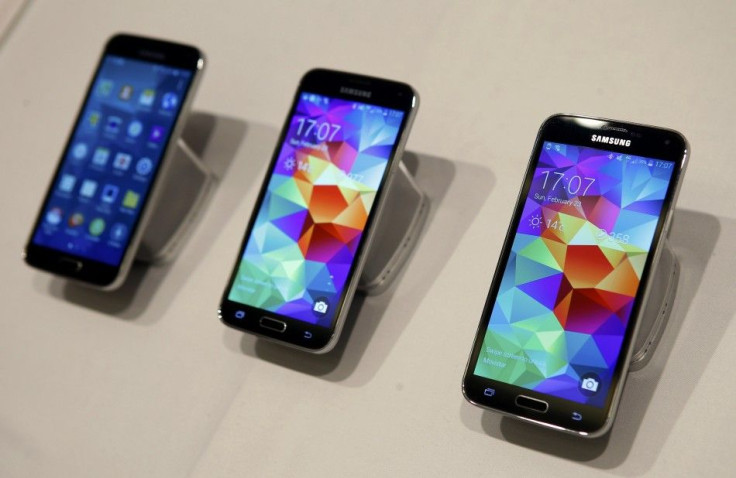iPhone 6 vs. Galaxy S5: The Different Approaches by Apple and Samsung—Who Will Play Catch Up?

The upcoming iPhone 6 and Galaxy S5 are going to be the new flagship smartphones of Apple and Samsung, respectively. Here is a look at the different approaches the two companies have to set themselves apart and woo customers.
Samsung is ahead when it comes to the specs of the device. The recently launched Note 3 has 3 GB RAM and a quad-core processor, this may be the new standard in the industry, as more devices try and match the specs.
The recently unveiled Samsung Galaxy S5 has 2 GB RAM and a 2.5 GHz quad-core processor. Apple will have to catch up in terms of specs as it is yet to unveil a device higher than a dual-core processor, and it's current flagship iPhone 5S has only 1 GB of RAM.
Even in terms of the camera where Apple tends to focus on quality of the lens and other attributes, Samsung is racing ahead in terms of the mega pixels. The Galaxy S5 has a 16 MP primary camera, which is an upgrade from the 13 MP camera on the Note 3 and the Galaxy S4.
The camera on the iPhone 5S is 8 MP, which may be lower in terms of specs, but the camera is still considered to be good in terms of the picture quality. The performance of the camera on Samsung and Apple devices tend to differ in different conditions like low light conditions and picture quality in terms of colour rendering. Analysts declare one smartphone camera to be better than the other based on the parameters they have chosen.
If the iPhone 6 gets a specs upgrade, Apple may be seen as playing catch-up to Samsung in terms of the specs. At the same time, Samsung may be seen as playing catch up in terms of technological innovation. The Galaxy S5 comes with a fingerprint sensor, which was first brought to the market by Apple.
Apple may have more innovations to offer in its upcoming devices which will add greater value to the customers. The patents it holds like solar charging on mobile devices and others could be game changers when they are introduced in the market.
The focus on innovation and ignoring the specs may come at a cost for Apple. Many of the older Apple devices owners have reported facing troubles due to the low specs on their devices, especially the RAM. The 512 RAM on many of Apple's previous devices may not be convenient for users to multitask.
Will the 1 GB RAM on the new Apple devices cause trouble to users in the future just as the 512 MB RAM is causing problems to some users today? Or will Samsung lose market share for being perceived as following in the innovation footsteps of Apple?
The battle for the smartphone market share between the iPhone 6 and the Galaxy S5 may be an indicator of the future. With the different approaches of Apple and Samsung, which company will emerge the victor?






